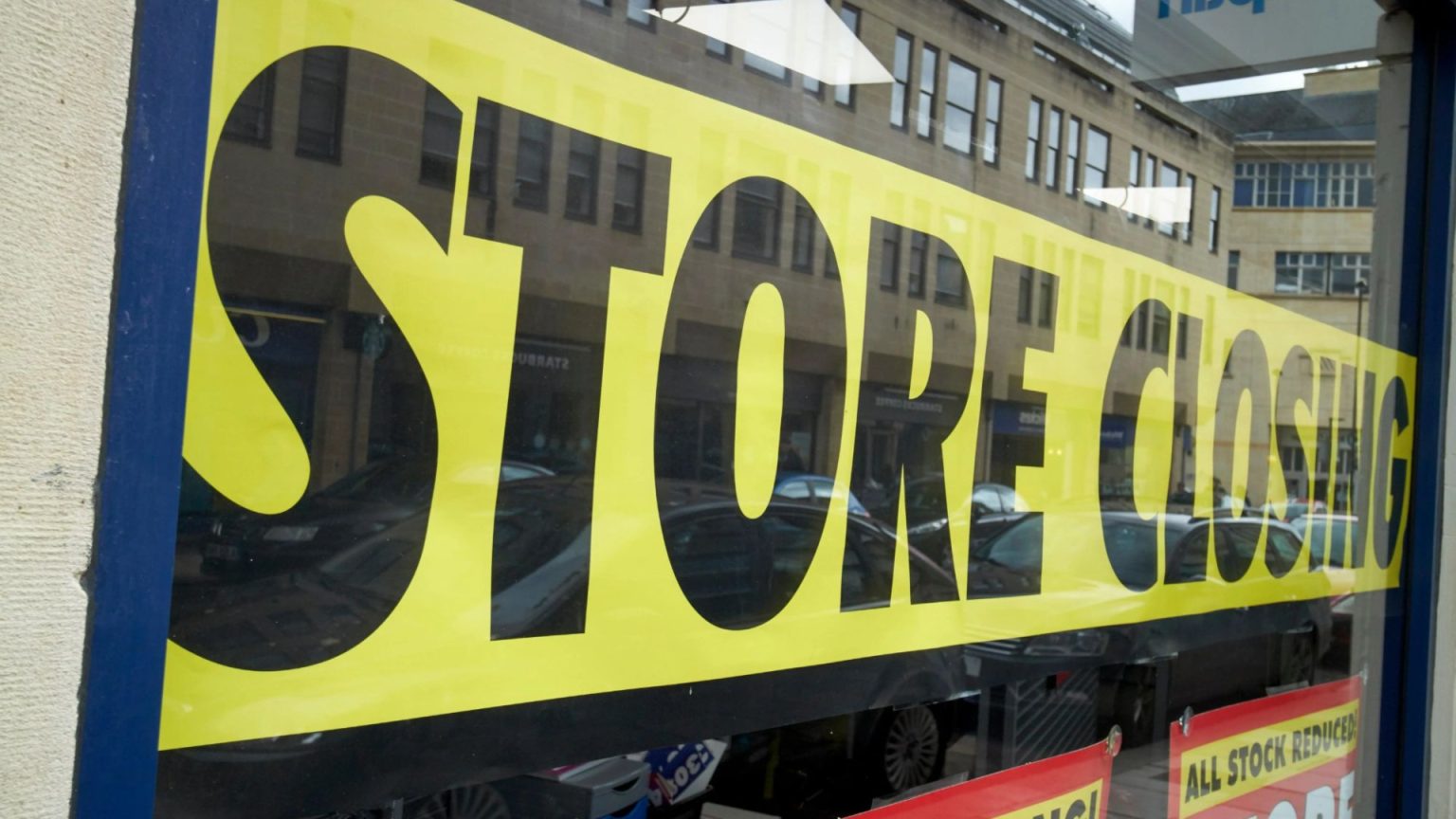WHSmith, a prominent fixture on British high streets, is facing the harsh realities of a changing retail landscape, confirming the closure of several branches in the coming months. The company cites a confluence of factors driving these closures, including expiring leases, unsustainable operating costs at certain locations, and the pervasive shift in consumer behavior towards online shopping. The closures represent a tangible consequence of the broader economic pressures impacting the retail sector, and underscore the challenges faced by traditional brick-and-mortar stores in the digital age. The closures are not isolated incidents but part of a larger trend affecting the retail industry, leaving communities grappling with the loss of familiar local landmarks.
The scheduled closures include the Haverhill branch in April 2025, attributed to the forthcoming lease expiry. The Newtown branch, a historic location operating since 1927, is set to close in February 2025. This closure carries particular significance due to the branch’s small, in-house museum dedicated to the history of WHSmith. Efforts are underway to relocate the museum’s artifacts and preserve the building’s historic features. The closures have evoked strong reactions from local communities, with many expressing sadness and concern over the dwindling presence of traditional retail stores on their high streets. The closures are also viewed as symbolic of the broader economic challenges facing town centres across the country.
Further closures are imminent, with the Bournemouth branch on Old Christchurch Road closing in January 2025 and the Winton branch in Bournemouth following in February 2025. These closures come on the heels of the Boscombe branch closure in 2024, highlighting the increasing difficulties faced by retailers in sustaining multiple locations within the same area. The repeated closures in Bournemouth have prompted concerns about the vitality of the town centre, with some residents describing it as a “ghost town.” The closures reflect the wider struggles of high street retailers to compete with online giants and adapt to changing consumer preferences.
The string of closures extends beyond these specific locations, with WHSmith having shuttered 10 stores in the past two years, including branches in Manchester, Bicester, Somerset, and Sale. This trend underscores the widespread impact of the economic downturn and the evolving retail landscape on established high street brands. While WHSmith is actively pursuing expansion strategies, focusing on new openings in airports, railway stations, and hospitals, and introducing concessions like Toys R Us within existing stores, the closures highlight the ongoing challenges the company faces in balancing its traditional high street presence with new market opportunities.
The economic factors driving these closures are multifaceted and affect the retail sector as a whole. The lingering effects of the pandemic, coupled with rising inflation and the cost-of-living crisis, have significantly impacted consumer spending habits. Rising energy costs further exacerbate the financial strain on businesses, particularly those operating physical stores. Additionally, increased employer National Insurance Contributions (NICs) and rising minimum wage requirements contribute to the financial burden on retailers. These compounding factors create a challenging environment for businesses to maintain profitability and sustain operations, particularly in less commercially viable locations.
The Centre for Retail Research (CRR) paints a bleak picture for the retail sector, predicting the closure of thousands of retail sites and the loss of hundreds of thousands of jobs. The CRR’s analysis highlights the severity of the situation and suggests that the challenges faced by retailers are not isolated incidents but indicative of a systemic issue. The combination of rising costs, reduced consumer spending, and the shift to online shopping creates a perfect storm for traditional retailers. The closures of established brands like WHSmith underscore the vulnerability of even long-standing high street staples in this challenging economic climate, and raise concerns about the future of town centres and the wider retail landscape. As WHSmith navigates these challenges, its efforts to adapt and evolve will be crucial in determining its long-term survival in the face of these significant headwinds.











